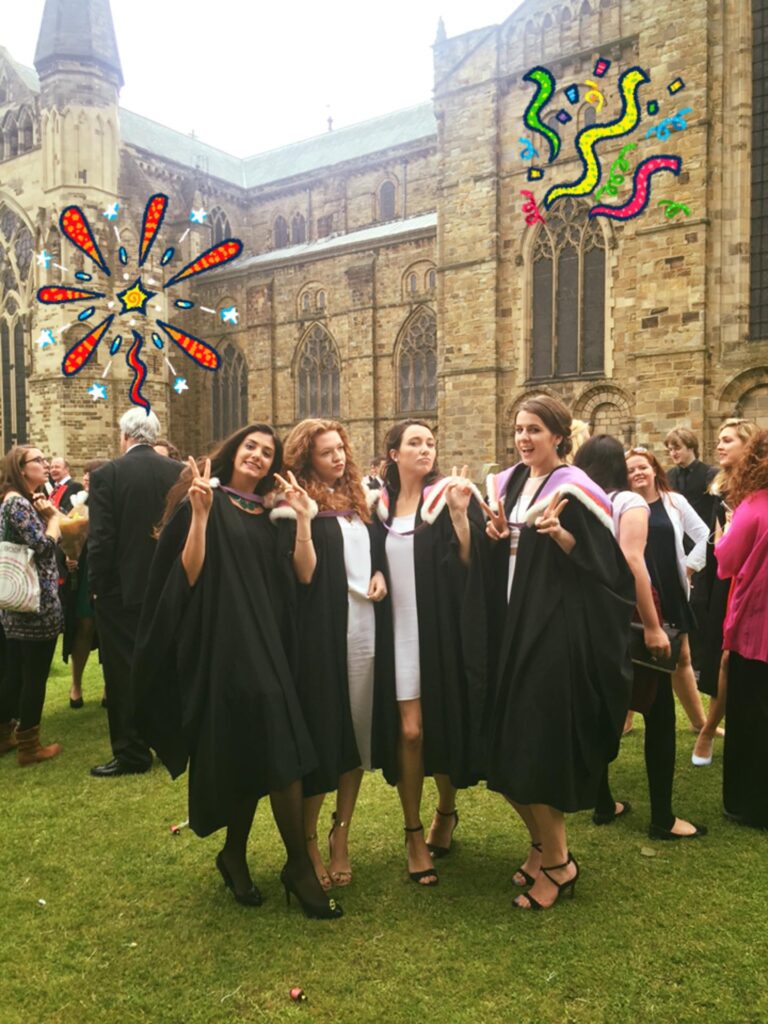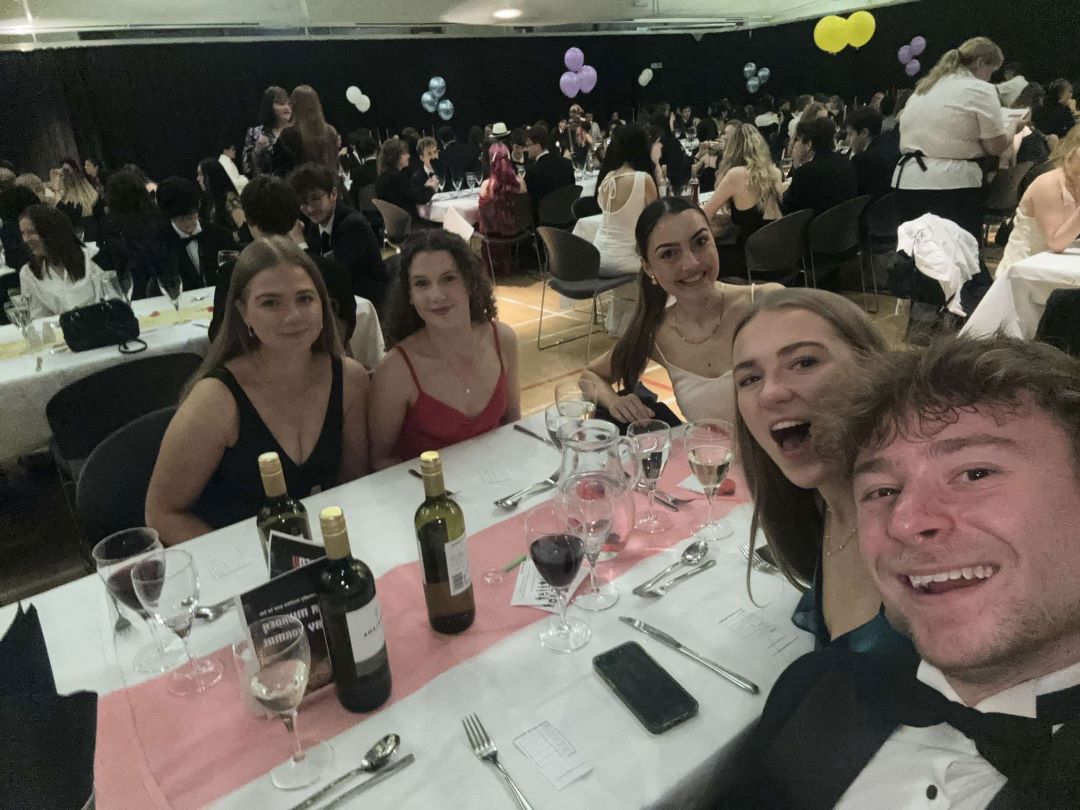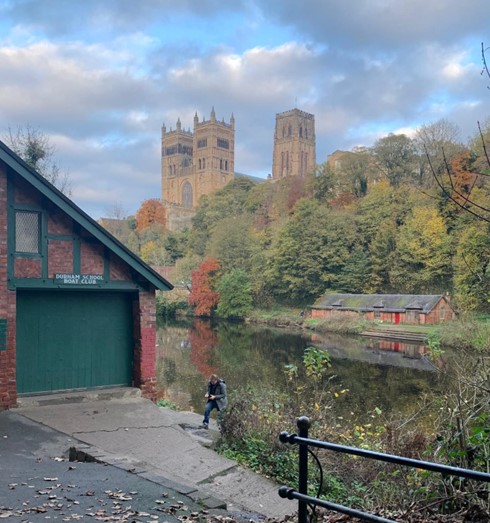When I applied to Durham University, I knew I was applying to one of the top 10 universities in the UK and one of the best in the field of Anthropology. My academic advisor in high school informed me that Durham had also just entered the Russell Group owing to its long-standing dedication to research and its reputation for outstanding academic achievement. I flipped through the pages of a colourful brochure. Durham was located in one of the most beautiful parts of the UK, neighbouring Newcastle, an hour from York, 1.5 hours from the Lake District, and only a couple hours away from Edinburgh. A university of renown in a place of history, surrounded by natural beauty. It was no-brainer.
Life as a Durham undergrad
I arrived at Durham in 2012 at the age of 19. I admit that my initial excitement at living and studying abroad gave in to nervousness when I realised that I was at a place where I knew literally no one. But that didn’t last. As I often tell friends and family now, student life at Durham, in a way, forced you to get out of your comfort zone and make friends. Comparing my early undergraduate days to those of friends in other UK universities, I realise that one of Durham’s greatest advantages is its collegiate system. College life fostered a close-knit community infused with a feeling of togetherness and a healthy dose of competitiveness that simply made it impossible to feel alone. From day one, Durham’s myriad college activities and events brought me together with people from all over the world and created friendships that I cherish to this day. Homesickness swiftly disappeared!
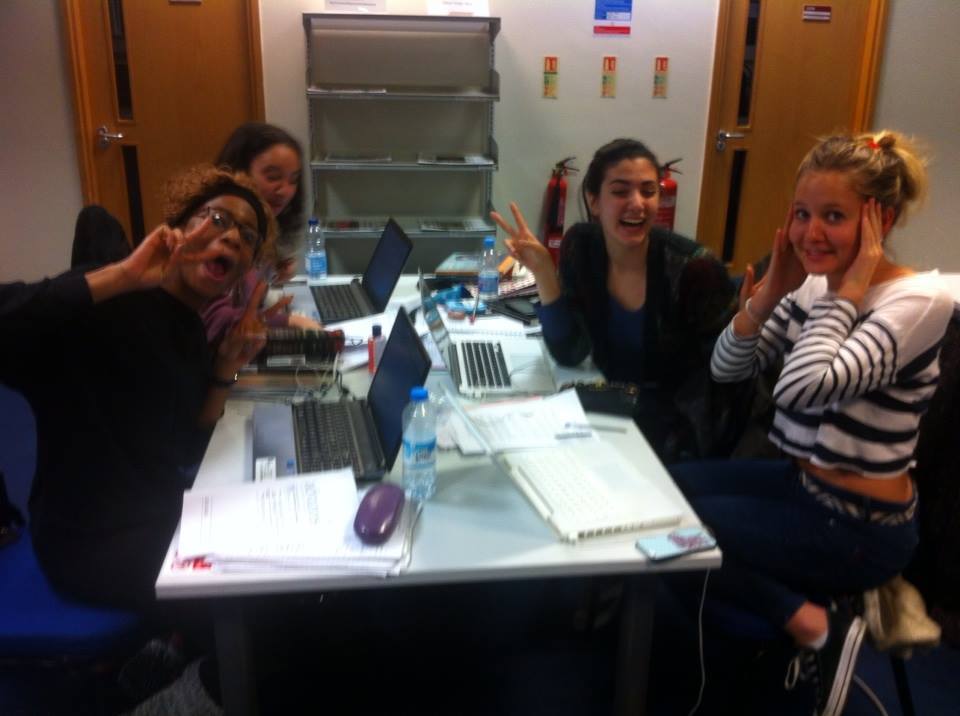
Anthropology at Durham
And then, of course, there was anthropology. The truth is that I initially chose anthropology because I loved biology and history and couldn’t decide between the two. I thought a bachelor of sciences in anthropology would be good for my indecisive self. The first-year course granted us a holistic introduction to the discipline by offering social, medical, and biological anthropology modules. In the next two years, along with our compulsory BA or BSc modules, we had a choice of elective modules. I combined medical with social anthropology classes and eventually shifted to social anthropology. I think colleagues, ex-classmates and students would agree that anthropology is truly transformative in the way it teaches you to think and grants you a new lens through which to ‘read’ the world. Yet my undergraduate experience would not have been the same if it wasn’t for the brilliant people in the department I had the fortune to have as lecturers and, later, as mentors and friends. Their teaching methods, knowledge, intelligence, encouragement and contagious enthusiasm defined anthropology for me and are the reasons I fell in love with the discipline.
Today, having just completed a PhD in Social Anthropology at Durham, I can confidently say that the choice my indecisive, young self made 10 years ago was the best decision of my life.
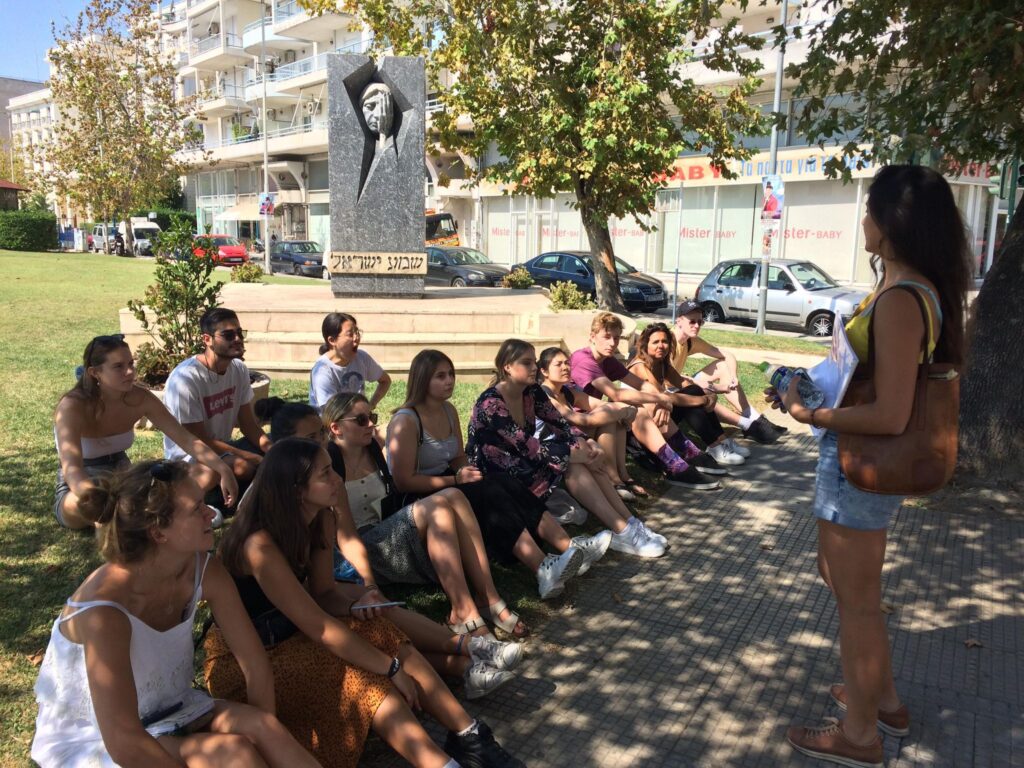
PhD years
The PhD was a long journey and not without its challenges, but I owe its completion to the support and guidance I received from my supervisors and my colleagues. As they say, the journey matters more than the destination, and my PhD journey was enriched by the opportunities offered by my university and my department. Throughout my postgraduate years, I gained valuable research experience through my PhD fieldwork and as an RA in projects led within and outside my department. Upon my return to Durham, I also worked as a TA for different anthropology modules, taught classes on the annual undergraduate anthropology field trip to Greece and took part in international conferences and workshops. The skills and knowledge I gathered in the process shaped me as a person and were fundamental in granting me the expertise needed to successfully apply for a post-doctorate position and thus pursue a career as an anthropologist.
From student-town to hometown
Doing a PhD was not merely about the end product – it shouldn’t be. The exciting part is the process. My advice to future postgraduates and undergraduates (and my undergraduate self, for that matter!) is to take advantage of the resources, grasp the opportunities Durham offers and make the most of your time here. Although currently back home conducting ethnographic research with a brilliant team at the University of Cyprus, Durham will always be an integral part of who I am. It is where I chose to dedicate 10 years of my life. It is a place that I love and speak of with pride; a place where the friends I made became family and a place I always miss when I’m away. Isn’t that the place we usually define as home?
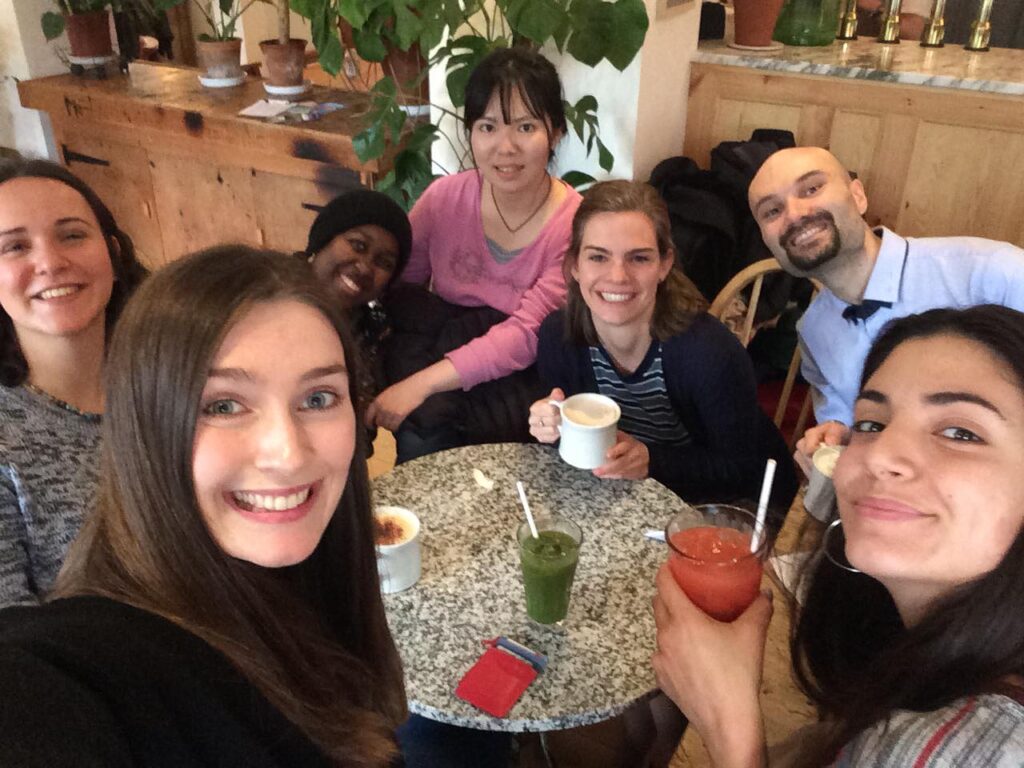
Discover more
Our Anthropology Department is one of the largest in the UK and is ranked 29th globally (QS World University Rankings by Subject 2022).
Fieldwork is core to our taught programmes, and we offer research-led teaching and hands-on experience to equip our students with the knowledge and skills they need for a successful future.
Visit our Anthropology web pages for more information on our undergraduate and postgraduate programmes.
Follow our students on Instagram, TikTok and YouTube.

